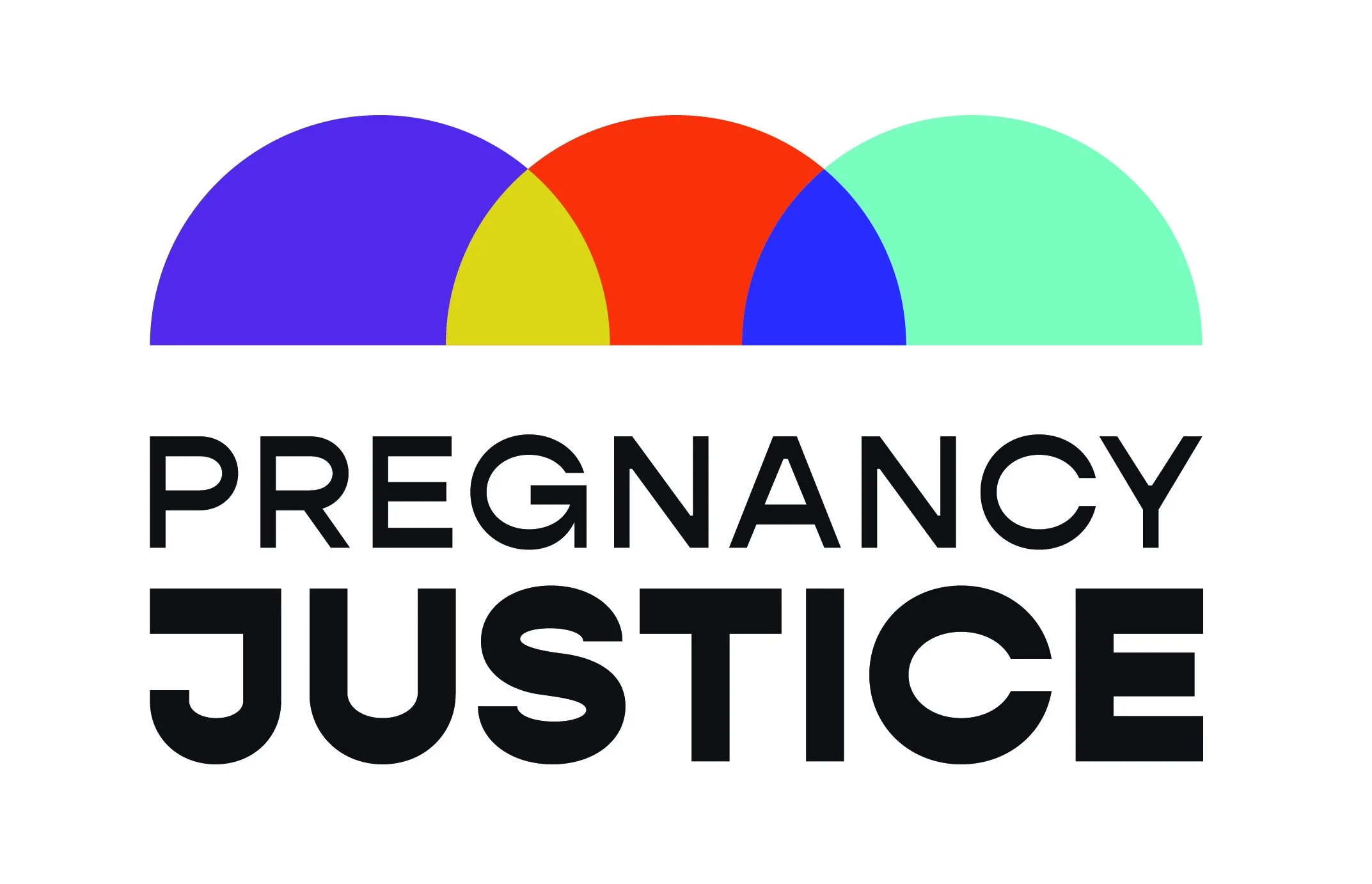Pregnancy Justice
In 2001, National Advocates for Pregnant Women (NAPW) became an independent 501(c)(3) non-profit advocacy and education organization. NAPW works to secure the human and civil rights, health, and welfare of all women, focusing particularly on pregnant and parenting women, and those who are most vulnerable to state control and punishment—low income women, women of color, and drug-using women. Each year, more than 6 million U.S. women become pregnant. Of those, approximately 1 million have an abortion, approximately 1 million experience pregnancy loss, and 4 million carry to term. Using a proven strategy that combines legal advocacy, public education, and local and national organizing, NAPW is dedicated to advancing Reproductive Justice and ensuring that no woman loses her civil and human rights upon becoming pregnant.
THE CASE
-
In January 2013, the Alabama Supreme Court issued a radical ruling in Ex Parte Hope Elisabeth Ankrom, No. 1110176, 2013 WL 135748 (Ala. Jan. 11, 2013), transforming Alabama’s 2006 Chemical Endangerment of a Child statute into a mechanism for punishing women who become pregnant and use any amount of a controlled substance—whether prescribed or unprescribed. The ruling also makes doctors who prescribe controlled substances to pregnant women subject to criminal penalties under the law. In this case, the Alabama Supreme Court considered a statute that was originally passed to punish adults who bring children to dangerous environments where drugs are manufactured or distributed. As written, this statute does not address pregnant women or pregnancy. In fact, on four separate occasions, the legislature refused to amend the law to make it applicable to pregnant women who use drugs. Nevertheless, since 2006, prosecutors have used the law almost exclusively to arrest women who become pregnant, use a controlled substance, and carry their pregnancies to term. Overwhelmingly, these women give birth to healthy babies. NAPW became involved in efforts to help challenge these prosecutions, providing local defense lawyers with model briefs and arguments for dismissing the charges against pregnant women and helping to file appeals when these motions were denied. With the Drug Policy Alliance and Southern Poverty Law Center, NAPW represented more than 50 medical and health advocacy groups and experts as amicus in the state Court of Appeals and State Supreme Court.
Ignoring the plain language of the statute and its clear legislative history, the State Supreme Court held that the plain meaning of the word “child” in the statute, and more generally in Alabama law, includes fertilized eggs, embryos, and fetuses. As a result of this purported plain meaning interpretation of the word child, the statute now makes it the crime of chemical endangerment for a woman to become pregnant and use any controlled substance.
NAPW, with the pro-bono assistance of O’Melveny & Meyers, LLP (OMM), and the support of the NYU Law Reproductive Justice Clinic (NYU RJC), is developing an affirmative civil rights suit to challenge the constitutionality of Alabama’s Chemical Endangerment of a Child statute as judicially rewritten by the Alabama Supreme Court. More than 95 low-income women in Alabama who have had their medical privacy, right to physical liberty, and reproductive rights (among others) violated have already been arrested as a result of this law. Pregnant women in Alabama who receive medically recommended methadone treatment, opiates for pain relief, a controlled substance in preparation for an abortion, or an epidural during labor and delivery all could be subject to arrest under this law—as could their doctors. This law makes every fertile woman responsible for knowing at all times if she is pregnant because, at that moment, her use of any controlled substance would become punishable as “chemical endangerment of a child.” And finally, if it is correct that the word “child” in Alabama law includes fertilized eggs, then every law using that word could be used as a mechanism for subjecting women from the moment they become pregnant to state surveillance, control, and punishment.
GRANT AMOUNT
$2,500 (2011)

